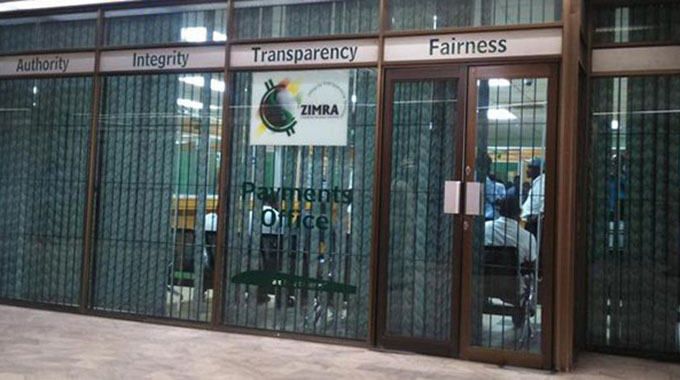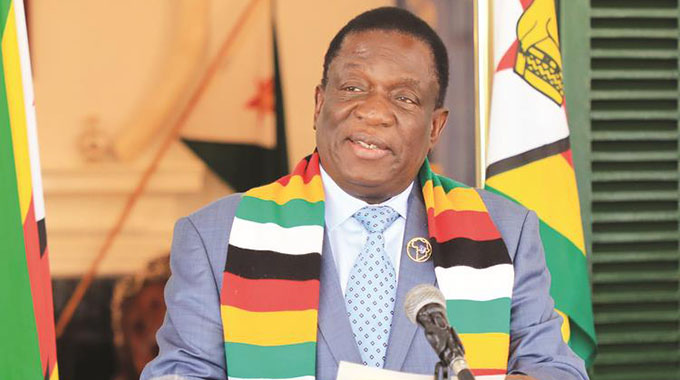What happens to SA after Brexit?

The UK is expected to leave the European Union on January 31, 2020 – provided all the I’s are dotted and all the T’s are crossed.
Back in June 2016, about 52 percent of British voters chose to leave the EU – what is commonly known as Brexit.
This will make the UK the first country to withdraw its membership from the EU – a political and economic union of 28 member states, which is also the largest trade bloc of the world.
Three years, three prime ministers, three extensions and two deals later, British parliamentarians in late December had finally settled on a withdrawal agreement.
If this agreement is approved by both the UK and EU parliament, then the UK can begin its transition out of the union which is expected to be completed on December 31, 2020.
Fin24 spoke to Trudi Hartzenberg, executive director of trade law centre Tralac, who weighed in on what the impact of Brexit will be on the SA economy.
What prompted the Brexit vote in 2016?
“Immigration matters were among the most important issues in the motivation for Brexit – pro-Brexiteers were concerned especially about immigration from east European countries,” Hartzenberg explained.
In terms of economic benefits, pro-Brexiteers argued that if the UK were to leave the EU, then the country would be able to negotiate their own trade agreements with global partners.
“While this is true, it is also important to note that the EU is of course the UK’s biggest trade partner by far; and that many UK businesses are well integrated into value chains with EU businesses,” Hartzenberg noted.
Due to the “deep integration” within the EU as a common market, many UK businesses relocated to EU countries, as Brexit will lead to new barriers to trade between the UK and EU, Hartzenberg said.
Are we certain Brexit will happen on January 31, 2020?
To ensure members of UK parliament would vote in favour of a deal that Johnson reached with the EU, he requested a three-month extension period for Brexit (from October 31, 2019 to January 31, 2020), allowing the UK to hold a general election.
The Conservative Party, which Johnson leads, won the election. Hartzenberg explained that following the victory of the Conservative Party, the withdrawal agreement was passed with a “comfortable majority” in the House of Commons.
Both houses of Parliament – House of Commons and House of Lords – must now green-light the withdrawal agreement bill, and thereafter it must be approved by the EU Parliament too; all before January 31, 2020.
“If both the UK and EU parliaments vote in favour of the Brexit agreement, then the UK will leave the EU at midnight on January 31, 2020. If this happens the transition period starts – which continues until December 31, 2020,” said Hartzenberg.
What does the transition period involve?
During the transition period, the EU and UK will continue to trade on existing terms.
“The UK remains part of the EU customs union and common market,” said Hartzenberg.
The UK and EU, however, will have to negotiate a new trade deal.
“Time is tight – it is possible for the UK and EU to agree to an extension – but Prime Minister Johnson has said he will not request an extension,” she added.
BBC News has reported that if the new trade deal is reached in time, the UK and EU can begin trading on those terms.
Why should local businesses and exporters care if Brexit happens or not?
Hartzenberg explained that the UK is an important trade partner of South Africa’s, and the opposite is also true. According to the department of trade and industry, bilateral trade between the two countries for 2018 amounted to R140 billion and the UK was the fourth largest destination for SA exports.
What happens to the existing trade conditions between SA and the UK?
“Until December 2020, while the UK remains in the EU customs union and common market, we continue to trade under the Economic Partnership Agreement (EPA),” Hartzenberg explained.
In September 2019, South Africa and five other Southern African countries (Lesotho, eSwatini, Namibia, Botswana and Mozambique) reached a continuity agreement with the UK, to ensure trade with the country continues as normal, whether the UK reaches a Brexit deal with the EU or not.
If the UK leaves the EU without a new trade deal, it will have to trade with the EU under less preferential World Trade Organisation Tariffs.
But the continuity agreement reached with the Southern African countries ensures uninterrupted trade, as per the terms of the Southern African Development Community EPA.
“The continuity agreement is in many respects the same as the SADC EPA,” Hartzenberg said.
There are, however, some differences. For example, UK businesses can source inputs from the EU and still get preferential access to the SA and other SADC EPA countries’ markets – at preferential rates of duty under the continuity agreement, and agreements on tariff rate quotas.
Tariff rate quotas permit duty free exports from SA to the UK, for certain quantities of exports.
How does the continuity agreement impact SA’s standing with the EU, if at all?
Although the continuity agreement to some extent is the same as the SADC EPA, there are some differences, Hartzenberg stressed.
For example, the SADC EPA, makes provision for development assistance – this is technical and financial support to develop quality infrastructure such as laboratories and testing facilities to assist exporters from the SADC region to meet the health and safety standards required for EU market access, Hartzenberg explained.
These provisions are not included in the continuity agreement.
“The UK has indicated that development assistance will be negotiated separately in the future,” Hartzenberg said.
What trade opportunities might there be between SA and the UK?
Hartzenberg said that SA businesses will have to monitor trade agreements reached between the UK and other partners, especially countries with a similar export profile to ours – for example Chile, which exports citrus products and juice.
“South Africa does not have full duty-free quota free access to the UK under the continuity agreement; and for certain products tariff rate quotas apply – so we’ll have to see what other countries negotiate with the UK,” she said. — Fin24.








Comments